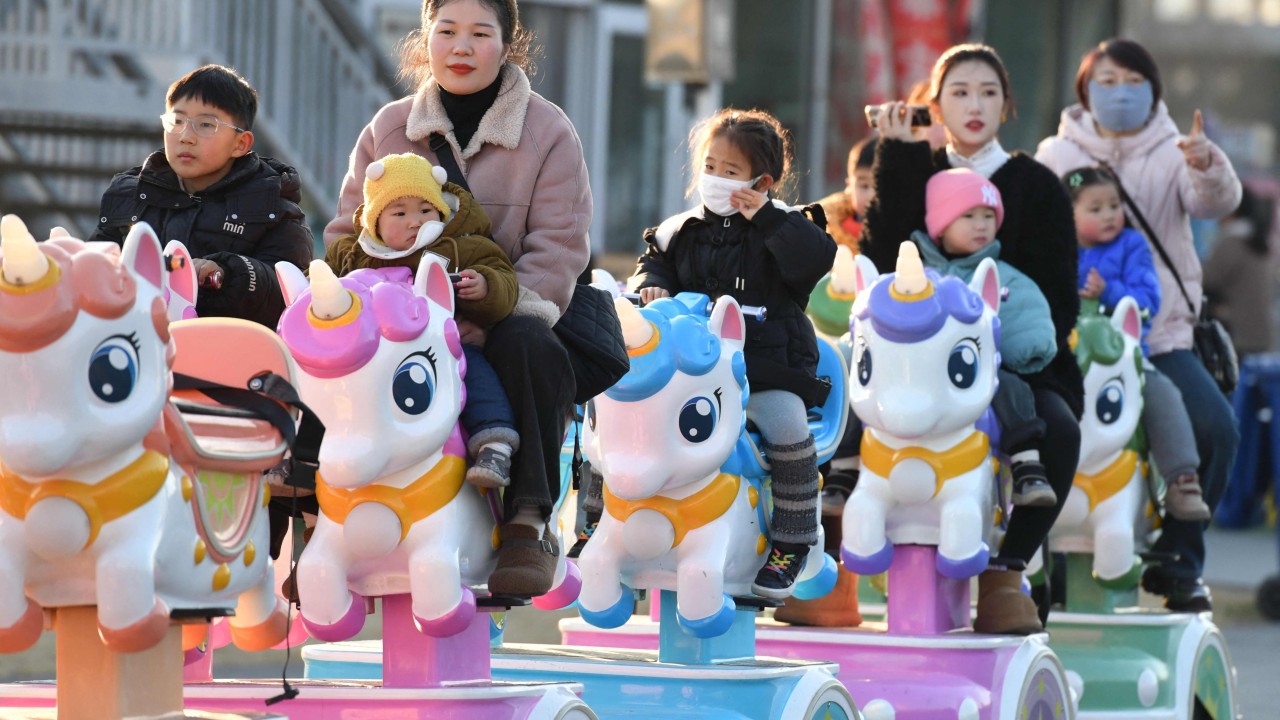
There are costs and benefits to raising children that extend to society as a whole. Faced with an inverted population pyramid, the Chinese government, which has control over so many parameters, is in a unique position to shift the economic value of raising children to their parents.
Since Alan Greenspan took over as head of the US Federal Reserve in 1987, Washington has focused on maximising consumption. If someone is willing to lend money to the United States, it seems that it will simply consume excessively and run a trade deficit.
East Asia’s rapidly declining birth rate is a major factor in its rising demand for external assets funded by trade surpluses. Raising children has traditionally been viewed as an investment in financial support during old age. If too many people choose to have fewer children, a country’s savings could lead to an increase in the value of its currency or to a trade surplus.